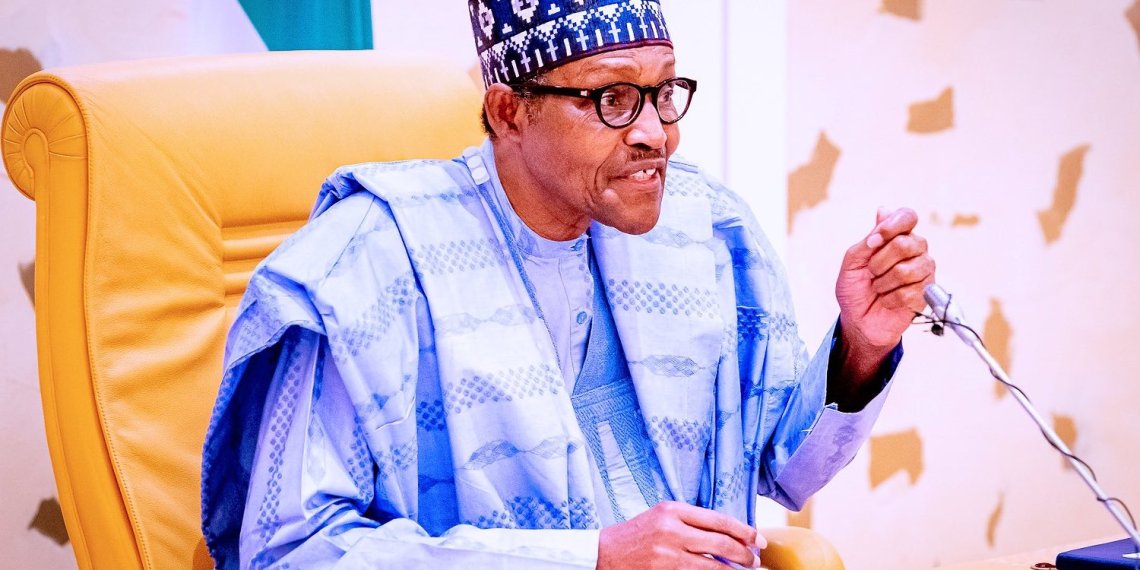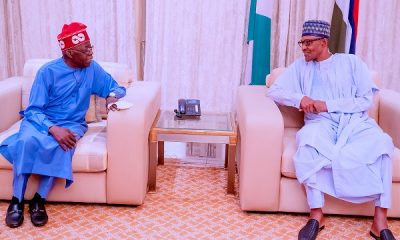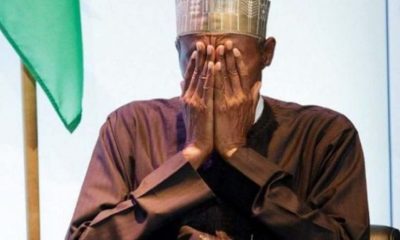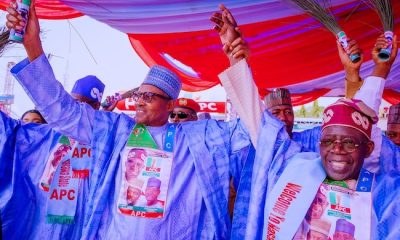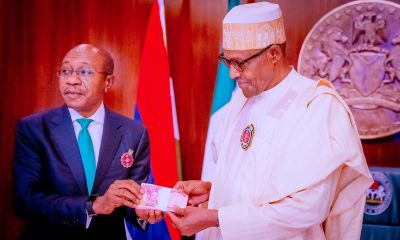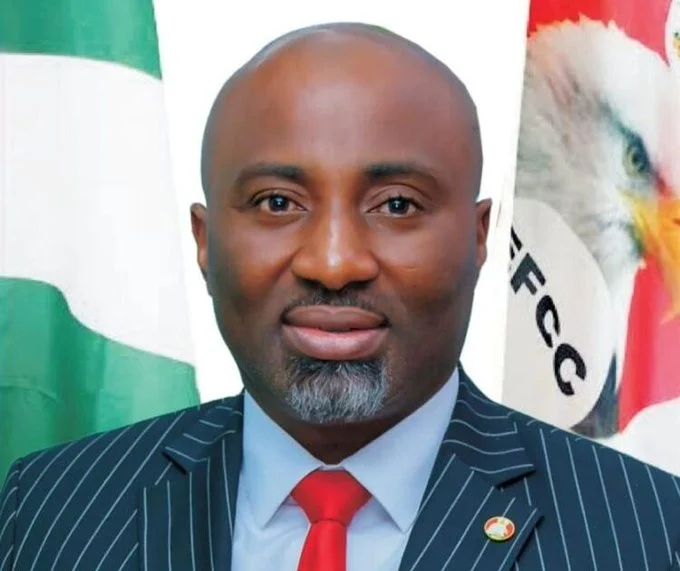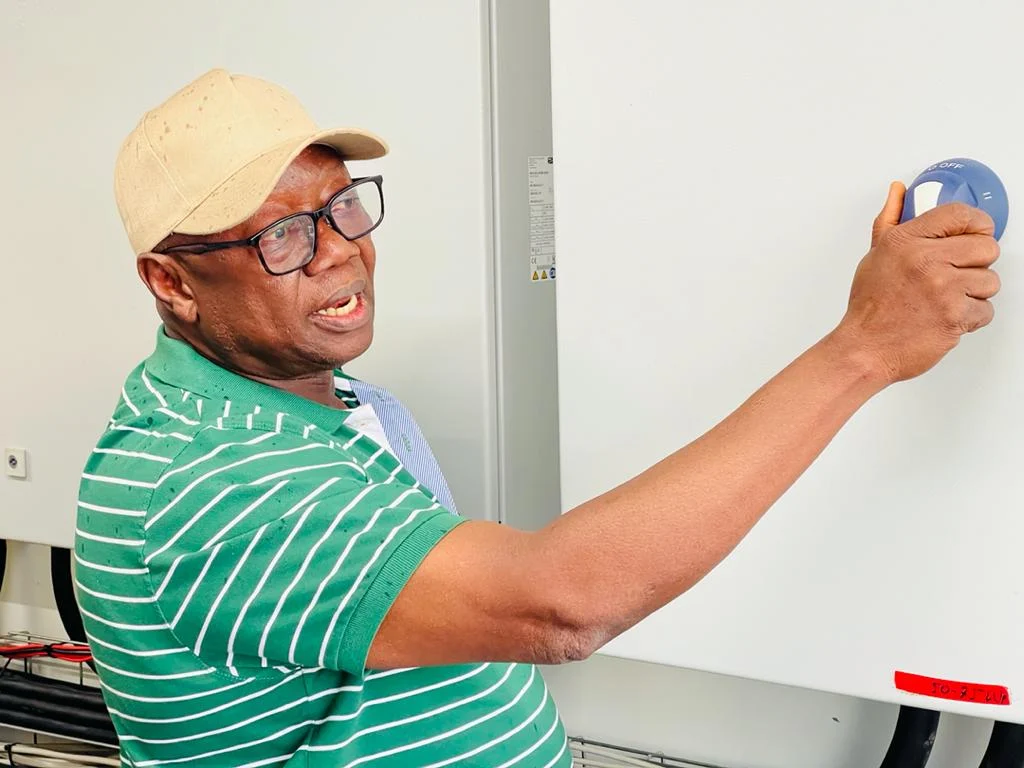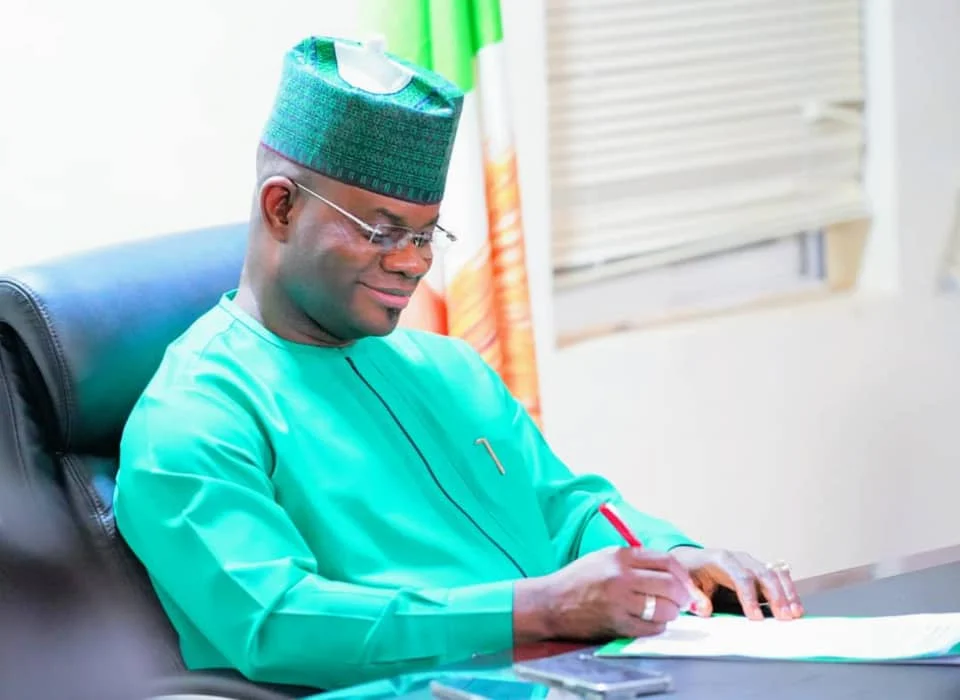The Economic and Financial Crimes Commission has confirmed the receipt of the refund of $760,000 paid as advanced school fees by a former Kogi State Governor, Yahaya Bello for his children at the American International School, Abuja.
Dele Oyewale, spokesperson for the EFCC, confirmed the development to The Post on Saturday.
“The school has refunded the entire $ 760, 000 to the EFCC’s recovery account,” he said.
Earlier, the American International School of Abuja had asked the EFCC to provide “authentic banking details” for the refund of fees paid for the children of the former governor.
Bello allegedly paid $720,000 in advance as fees for five of his children from the coffers of the Kogi State Government.
The children are in Grade Levels 2 to 8 at the school.
On April 17, EFCC operatives laid siege on Bello’s residence in Abuja in an attempt to arrest him over an alleged N80.2 billion fraud.
While the operatives were at the house, Usman Ododo, governor of Kogi, arrived at the property and reportedly whisked Bello away.
In a letter addressed to the Lagos Zonal Commander of the EFCC, the school said the sum of $845,852 has been paid in tuition “since the 7th of September 2021 to date.”
AISA said the sum to be refunded is $760,910 because it had deducted educational services already rendered.
“Please forward to us an official written request, with the authentic banking details of the EFCC, for the refund of the above-mentioned funds as previously indicated as part of your investigation into the alleged money laundering activities by the Bello family,” the letter reads.
It added, “Since the 7th September 2021 to date, $845,852.84 in tuition and other fees have been deposited into our bank account.
We have calculated the net amount to be transferred and refunded to the State, after deducting the educational services rendered as $760,910.84.
“No further additional fees are expected in respect of tuition as the students’ fees have now been settled until they graduate from ASIA.”
The school said it would draw the attention of the anti-graft agency if there were any further deposits by the Bello family.
In a statement signed by Greg Hughes, AISA also said, “Ali Bello contacted the school on Friday 13 August 2021 requesting to pay the family school fees in advance until the students graduate from High School.”
The Chairman of the EFCC, Ola Olukoyede, had earlier revealed that the former governor transferred $720,000 from the government’s coffers to a bureau de change before leaving office to pay in advance for his child’s school fee.
Olukoyede revealed this during an interview with journalists on Tuesday in Abuja.
He said, “A sitting governor, because he knows he is going, moved money directly from government to bureau de change, used it to pay the child’s school fee in advance, $720,000 in advance, in anticipation that he was going to leave the Government House.
“In a poor state like Kogi, and you want me to close my eyes to that under the guise of ‘I’m being used.’ Being used by who at this stage of my life?”

 News3 years ago
News3 years ago
 Entertainment2 years ago
Entertainment2 years ago
 News3 years ago
News3 years ago
 Privacy3 years ago
Privacy3 years ago
 Sports2 years ago
Sports2 years ago
 Entertainment2 years ago
Entertainment2 years ago
 News3 years ago
News3 years ago
 Opinion3 years ago
Opinion3 years ago
